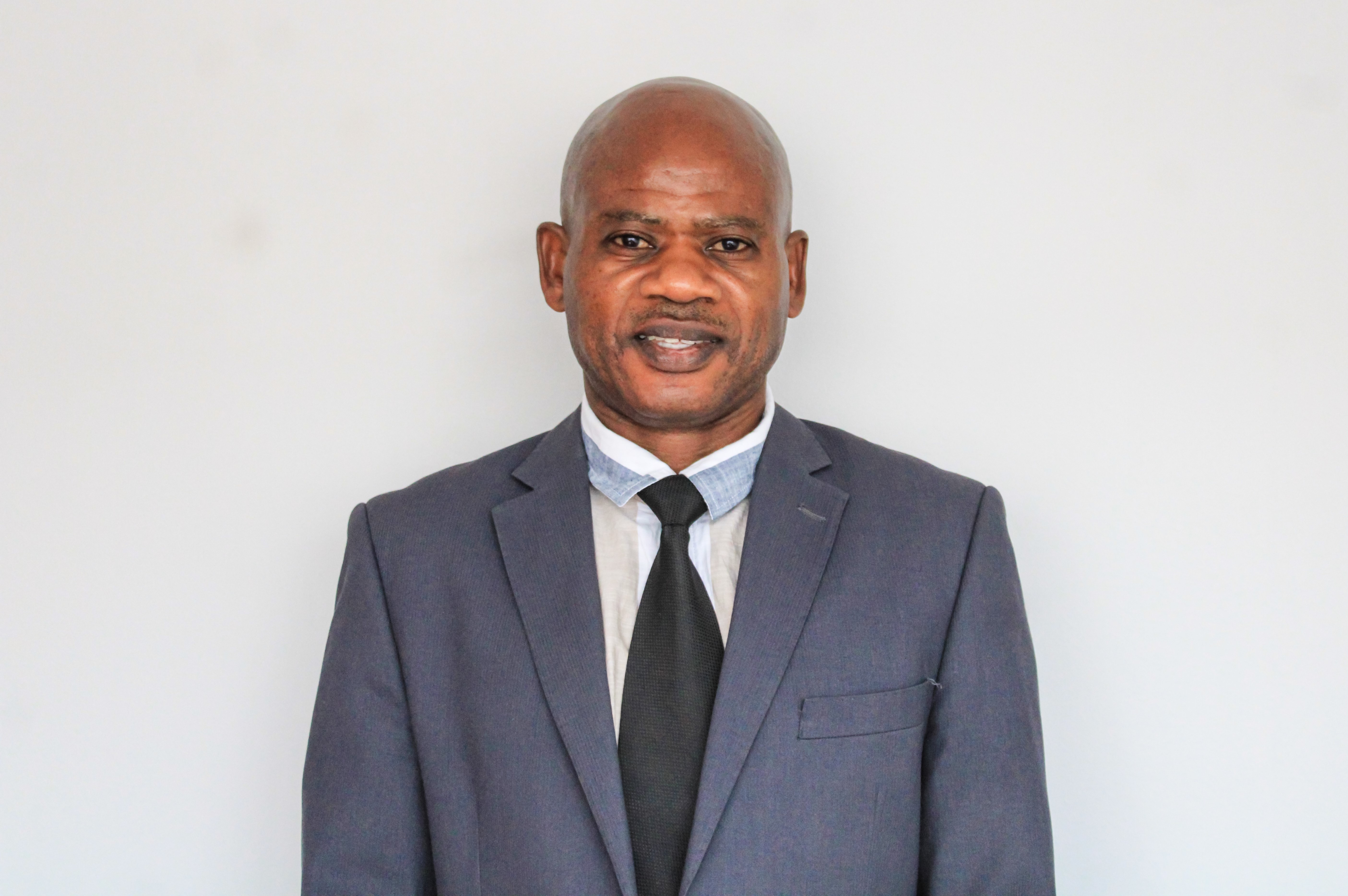THE FACULTY OF NATURAL SCIENCES WELCOMES A NEW EXECUTIVE DEAN

The Rationalisation and Consolidation project achieves another milestone as the academic initiative progresses with the appointment of Professor Albert Thembinkosi Modi as the new Executive Dean of the Faculty of Natural Sciences.
This appointment marks a crucial moment in WSU's commitment to excellence and its dedication to fostering research, innovation, and academic growth.
“I see WSU as a place with low-hanging fruits for transformation and I want to be part of the transformation agenda by the Vice-Chancellor. Also, as a person who is occupying the position of the executive dean, one has to contribute directly to that transformation to make a clear mark for WSU and the communities around,” said Modi.
Modi has almost 30 years of experience in academia, specialising in Plant Physiology (Crop Science), with a keen interest in Community Development in the context of Indigenous Knowledge Systems (IKS) and sustainable environmental management in the context of food science and technology.
He holds a Bachelor of Science from the University of Fort Hare, a Master of Science from the University of Natal and a PhD from Ohio State University (USA).
“There are many opportunities that could take this university to a very high level in terms of its rankings in South Africa. In the Eastern Cape alone there are many opportunities of science and technology if you look at issues related to water management, environmental management in general and the indigenous knowledge systems, food security and social economic aspects,” said Modi.
He further added that his strategy is to focus on the interdisciplinary and multidisciplinary interactions within the faculty and between different faculties.
“I would like to contribute to the transformation of the curriculum for it to speak to the challenges of South Africa. I believe that the Eastern Cape has many answers as far as IKS is concerned. This IKS needs to be linked to science and technology through the current approaches to teaching and learning, and research,” said Modi.
Furthermore, he said that these current approaches refer to education five which requires an incorporation of science and technology, and artificial intelligence in the curriculum. He added that this is to gather information as soon as possible and share it in the classroom, and communities to make an impact to change the lives of the people and that requires the teaching and learning strategy to change.
“My philosophy is that a sustainable impact occurs when there is a deliberate, meaningful and measurable leadership-governance-management nexus in a healthy workplace environment,” he concluded.
Modi holds many leadership recognitions and leadership positions related to his expertise, including, among others, Senior Fellow of the African Academy of Sciences, Fellow of Green Matter, former President of the South African Society of Crop Production, Associate Editor of South African Journal of Plant and Soil, CEO of Moses Kotane Institute for Science and Technology and Chairperson of LEAP-Agri, an EU-Africa international research development forum.
By Anita Roji
